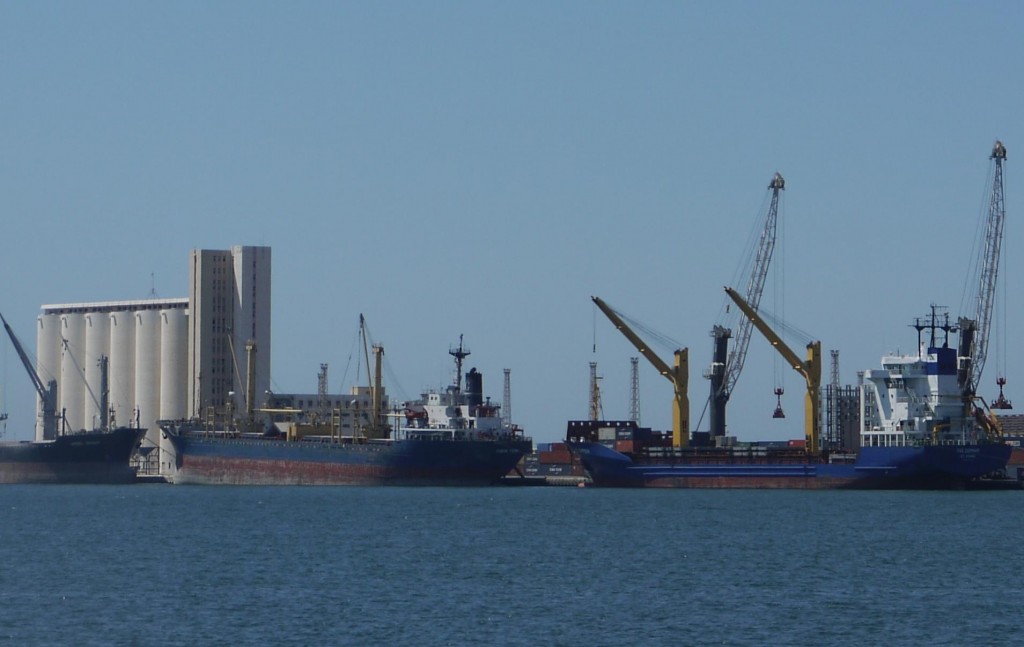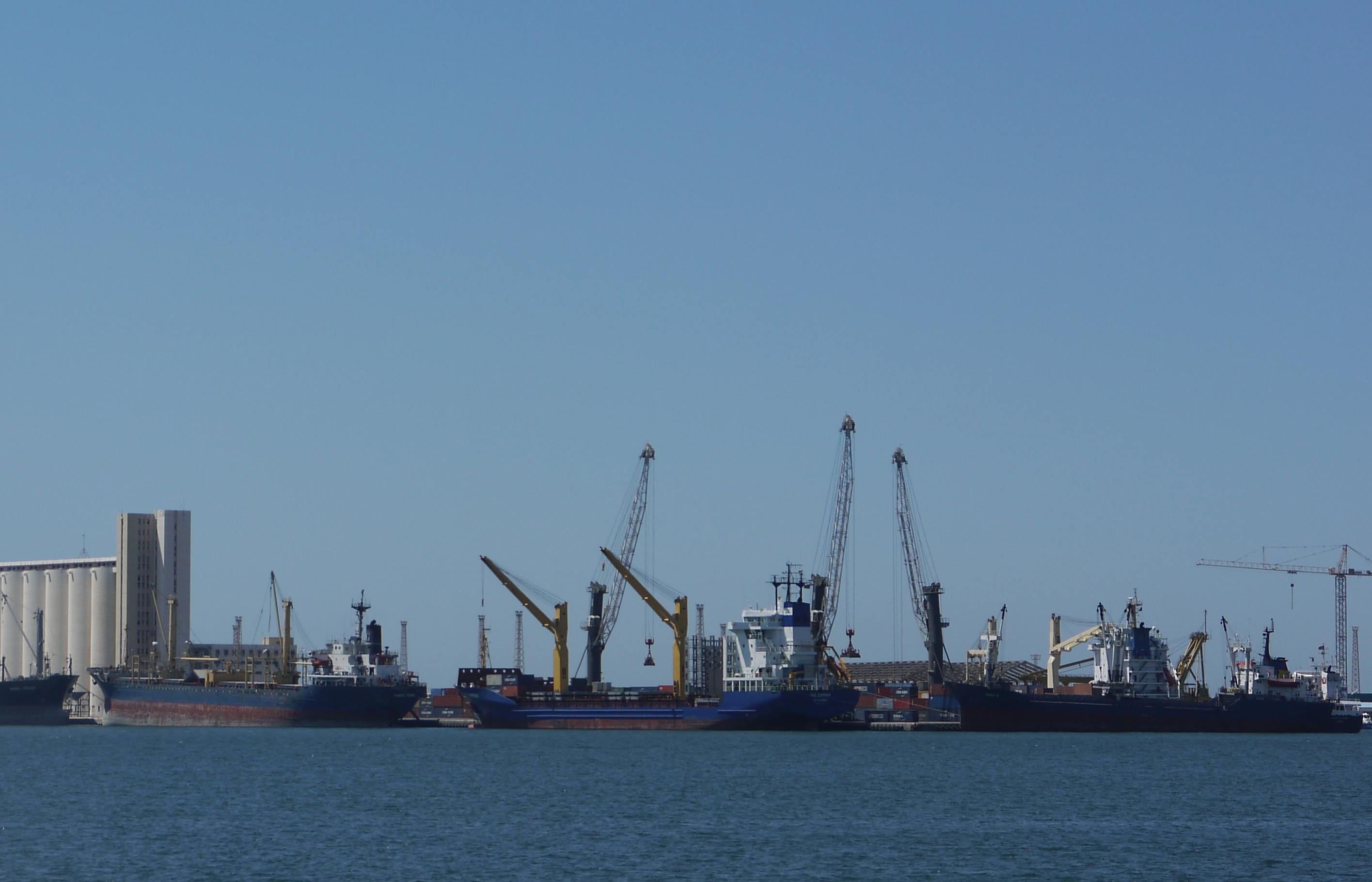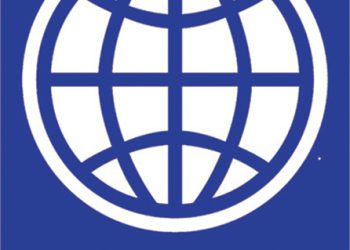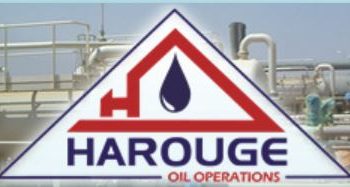By Maryann Maguire.
Tripoli, 20 July:

Now that the election milestone has been crossed, international and Libyan companies are getting ready to do . . .[restrict]some serious business, with trade delegations set to descend into Tripoli after Ramadan.
For many international companies, the elections were a test of whether or not conditions were right to resume operations or start exploring new investment and partnering opportunities.
The main reasons preventing businesses to date have been security, the perceived lack of legitimacy of the Executive Office and the fact that many Ministers could change.
Many international businesses, having left in a state of crisis in February, often do not have access to quality and up to date information on commercial issues, the new laws and practical information about how to go about doing business in Libya.
Many have believed that the transitional government to date did not have the authority to enter into contracts. In short, there was a sense that no one really was in charge or could make decisions. Worse still, many feared that contracts might not be honoured once Ministers changed.
Many companies have therefore been waiting for the elections to enable democratically elected institutions to be formed and for clear guidance regarding procurement and contracts, for example, to be issued and to engage with the appropriate counterparts in government.
Security is also a major issue that has had a chill effect for companies who watch the headlines without being able to put these into the right context.
Many rely on assessmentsfrom private security companies and businesses, that have a vested interest in portraying Libya as an unstable environment where the risk is the same as in Afghanistan or Iraq. The travel advice by some governments, including the British and the American remains “against all but essential travel including Tripoli”. This advice makes companies reluctant to engage and insurances very expensive.
“It is difficult to convince board members that Libya is a permissive business environment when they watch the news and all they see is militias and weak security forces”, said the CEO of a FTSE 150 company who is current working with the Ministry of Planning.
“The fact that these security incidents don’t impact on business or people’s lives is often unfortunately ignored”.
Companies also struggle to find accurate information on all aspects of doing business in Libya, including laws, how to approach Ministries and to contact key players in their sectors.
“We are nervous about whether we are doing the right thing and in this climate of financial austerity, it is sometimes easier to take the safer option and wait”, said another recent telecommunications sector specialist.
So what do the recent results mean for business in Libya?
The recent elections have sent an incredibly positive message. Despite some violence in Ajdabia, there were no major security incidents and the world watched, encouraged, as millions of Libyans cast their vote in a festival atmosphere.
Praise by international electoral observer missions of the work of the High National Electoral Commission has also proved that Libyans had the capacity, skills and organisational ability to organise elections with no prior experience in a record time.
The victory of the National Forces Alliance has also reassured many western businesses that Libya is not about to take the same political path as Egypt and Tunisia and that policies are likely to favour foreign investment, including with Mediterranean and European partners.
A done deal?
However, many questions remain about what the results really mean for foreign investment and the economy.
Despite claims of a majority by all sides, the true colours and political fabric of the new National General Congress will take weeks, if not months to emerge. It is also likely to change substantially as the Congress votes on various decisions relating to security, the economy and changes to existing legislation.
The National Forces Alliance may have indeed won thirty-nine seats, compared to just seventeen by the Justice and Construction party, allied to the Muslim Brotherhood.
However, the majority of the seats are controlled by individual candidates elected on the basis of their revolutionary credentials and role in supporting their cities and communities.
The battle for the hearts and minds of the individual candidates will be fierce and will mark the beginning of a culture of politics. So far in Libya, politics has essentially been about opposition to the regime rather than about constructive politics and the transition will take time.
The impact of the decisions taken by the National Congress in the next month for business is also likely to be significant.
The absence of a clear majority may make the election of a President, Prime Minister and the appointment of a Cabinet a longer and more protracted process.
However, many political analysts predict that decisions may be made rapidly, particularly given that negotiations have been taking place for months.
Moreover, the National Forces Alliance, which will likely be the dominant force in creating the new government, has an economic policy that favours re-starting major infrastructure projects. Mahmoud Jibril has already announced a two-stage plan where small and medium scale projects will be activated as soon as possible and within six months. Another plan is for medium and longer-term projects lasting six to eighteen months.
Amongst the proposals by Jibril are also the introduction of a minimum wage, the expansion of the social security system, and the creation of special economic zones along the country’s borders.
The party has stated it recognises Libya is part of a globalised international community and needs to encourage foreign investment.
The Secretary-General of the party, Faisal Krekshi, also says that in addition to the traditional hydrocarbon industry, the immediate medical and infrastructure needs, areas ripe for investment and development include agriculture, tourism, mining, solar and wind power energy.
During his tenure as Minister for Strategic Planning, Jibril was a strong advocate of strategic partnerships between private companies and government. While this idea had limited success at the time, this policy will dominate the future government, particularly if his alliance takes key Minister positions, such as industry, finance and economics.
Individual members of the Justice and Construction party also have strong ideas regarding economic development. The former rebel Minister for the Economy, Abdallah Shamia, has often spoken about the need to up-skill the Libyan economy through international partnerships.
Last May in Benghazi, he spoke about how International businesses who wanted to be successful in the long term in Libya should partner to share knowledge, expertise and help improve the standard of Libyan businesses to enable them to compete on a regional and later international level.
What indicators should companies be watching in Libya?
Now that the elections have put Libya in the most favourable spotlight possible, international and local businesses will be paying close attention to the next developments.
A good indicator to watch is how quickly the new National Congress can agree on a President and new Prime Minister.
The debate surrounding the nomination of Ministers will also be interesting to observe. What will be the main issues, who will lead the debate and will individual parties align with the larger party blocs?
The debate is likely to shift away from Islamists against liberals to old guard versus revolutionaries. Those advocating the inclusion of former state officials who served under the Qaddafi regime because of the experience, knowledge and understanding of the current governance structures are likely to meet strong resistance from independent members and Revolutionaries who only want Ministers who have a clear fingers and credentials.
Another indication is how inclusive the government will be. The Muslim Brotherhood has a clear choice. It can accept to be part of a wider coalition in the interests of national unity. However it could also decide to play the role of opposition and try and bloc decisions, making progress difficult.
Security and progress on the development of state security forces will be another indicator of longer-term stability. Security is improving every day and militia commanders themselves are working closely with the Ministries of Interior and Defence to ensure the brigades are integrated into the state forces.
However, the longer militias are allowed to control their areas, the more difficult it will be to integrate them. It also takes a very small number of incidents to change perceptions of security within the business community.
The recent introduction of a decree governing the role of international private security companies is also good news as it is likely to prevent foreign companies from acting with impunity, as has been the case in Iraq and Afghanistan. By threatening to black list companies using illegal companies, it also puts the responsibility on international businesses to ensure the companies they are using are appropriately registered and licensed.
The biggest test will be the new government’s ability to make swift decisions and simplify the process which enables money to flow from the treasury to the Ministries and Ministers to authorise spending. This is absolutely critical, particularly as the emergency and national budget remain largely unspent.
Finally, the government’s ability to put in robust procurement and public financial mechanisms to avoid corruption and encourage due process are key to winning the confidence of international investors.
Maryann Maguire is the director of InterCultures, www.intercultures.org.uk, a UK business advisory consultancy that has been in Libya since April 2011. [/restrict]








